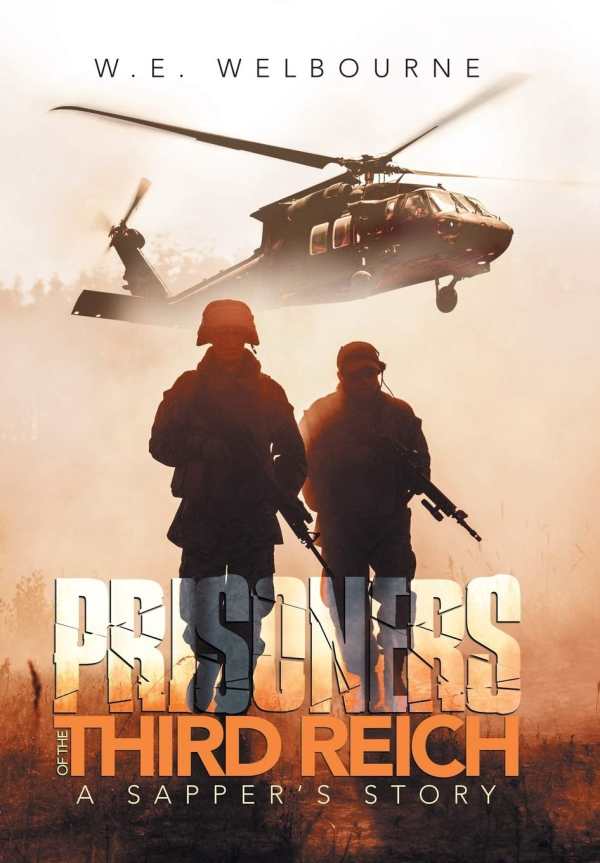Prisoners of the Third Reich
A Sapper's Story
Prisoners of the Third Reich views history through the experiences of a brave but normal man and his fellow soldiers who survived the horrors of the Nazi war machine.
W. E. Welbourne’s historical biography Prisoners of the Third Reich focuses on an Australian soldier who escaped the tyranny of Nazi prison camps as the war destroyed all of Europe.
Arthur “Arty” Dawson was an idiosyncratic bloke who, within the book, comes to represent a generation of Australian men. In 1933, during the dark days of the Great Depression, nineteen-year-old Dawson signed up with an engineering militia unit to supplement his income and to put aside a little money for his family.
Eight years later, after Australian and New Zealand soldiers slugged it out with Italian and German troops in the deserts of North Africa, Dawson and his fellow “diggers” (Australian slang for soldiers) were sent to Crete to stop a German invasion. Berlin leaned on its new paratrooper units, and despite incurring terrible losses, the Nazis won the day. Dawson and his friends found themselves tired and starving inside of a grim camp for prisoners of war.
Dawson’s story is magnificent and is told in great, humanistic detail. Although battered and bruised, he attempted to escape German captivity several times, including during the final days of Hitler’s regime in 1945. His story moves well despite the book’s heft and weight. The book’s paragraphs are lean and compact, and military jargon is kept to a minimum. The book privileges its biographical portions: Dawson is always at the center of the action.
This book is divided into three sections: one concerning Dawson’s life before the war, one concentrating on his wartime experiences, and one focused on his life after the war. In the first and final parts, the portrait of Dawson is one of an ordinary man. In spite of experiencing poverty as a young man and harsh captivity as an adult, he summarizes his life as a success, lived in the name of king and country. His steadfast and humble patriotism makes his story a captivating study. It gives gravitas to the ordinary men who made up the soldiering classes in both the Allied and Axis armies.
Even when the action slows to a crawl, as when Dawson and his fellow soldiers are transferred from one Nazi camp to another, general interest does not wane. The point of this story is the regular soldier’s ability to withstand hell on Earth. The book’s insights into the plights of the Commonwealth armies who held the line against the Afrika Korps and led the charge against the Japanese in the Pacific are invaluable because they are so often forgotten by the world at large.
Prisoners of the Third Reich views history through the experiences of a brave but normal man and his fellow soldiers who survived the horrors of the Nazi war machine.
Reviewed by
Benjamin Welton
Disclosure: This article is not an endorsement, but a review. The publisher of this book provided free copies of the book and paid a small fee to have their book reviewed by a professional reviewer. Foreword Reviews and Clarion Reviews make no guarantee that the publisher will receive a positive review. Foreword Magazine, Inc. is disclosing this in accordance with the Federal Trade Commission’s 16 CFR, Part 255.

